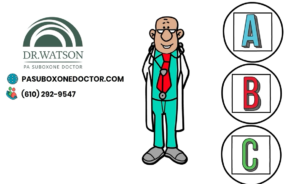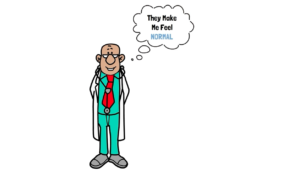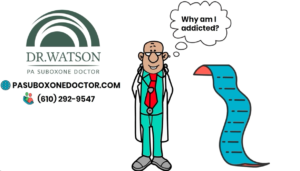Alcohol addiction affects 18 million adults in the U.S., yet less than 10% receive the treatment they need. With the demand for new and effective treatments rising, Medication-Assisted Treatment (MAT) has emerged as a promising option. In this post, we’ll explore the principles behind MAT for AUD, its effectiveness, and why it’s becoming a preferred method for many.
Understanding Medication-Assisted Treatment for AUD
MAT combines medications with counseling and behavioral therapies to treat substance use disorders, including AUD. The primary goal of MAT is to alter the reinforcing effects of alcohol, making it less desirable for individuals with AUD. Currently, three medications are commonly used in MAT for AUD:
- Acamprosate: Helps reduce the desire to drink alcohol.
- Disulfiram: Causes unpleasant reactions when alcohol is consumed.
- Naltrexone: Blocks the euphoric effects of alcohol, reducing the urge to drink.
These medications, when used alongside therapy, significantly improve treatment outcomes for those struggling with AUD.
The Effectiveness of MAT in Treating Alcohol Dependence
Research consistently shows that MAT is highly effective in treating alcohol dependence. A study published in the AJMC tracked more than 5,700 adults with both alcohol dependence and severe mental illness, and revealed that those who were treated with Medication-Assisted Treatment (MAT) experienced notable benefits after 12 months. Specifically, MAT recipients had reduced rates of hospitalization for mental health issues and fewer emergency department visits. They also demonstrated better adherence to their psychotropic medications compared to individuals who did not receive MAT.
Further studies show that:
- Acamprosate helped 35% of participants abstain completely from alcohol.
- Disulfiram produced abstinence rates of more than 50%.
- Naltrexone helped reduce drinking to acceptable levels in 78% of participants.
Additionally, MAT has been shown to significantly improve patient retention rates. For example, a study revealed that patients using naltrexone had a 63% higher retention rate compared to those who were not.
Take the First Step Toward Recovery with MAT
MAT is an impactful treatment option for those struggling with alcohol dependence, offering both effectiveness and high retention rates. If you’re considering MAT for alcohol use disorder, contact Dr. Watson today. With over 12 years of experience in addiction recovery. Dr. Watson can create an individualized treatment plan for you and incorporate MAT. We have locations in Norristown, Philadelphia, and King of Prussia, PA, ready to help you on your path to recovery.
Sources:
- https://medlineplus.gov/alcoholusedisorderaud.html
- https://www.niaaa.nih.gov/alcohols-effects-health/alcohol-topics/alcohol-facts-and-statistics/alcohol-treatment-united-states
- https://andybhatti.com/addictions/pros-and-cons-of-using-naltrexone-for-alcoholism/
- https://academic.oup.com/alcalc/article/36/5/413/233730
- https://www.addictioncenter.com/alcohol/disulfiram/#:~:text=Disulfiram%20Statistics&text=Incorporating%20disulfiram%20into%20an%20alcohol,rate%20of%20more%20than%2050%25.&text=Individuals%20who%20have%20taken%20disulfiram,the%20highest%20rates%20of%20abstinence
- https://www.ncbi.nlm.nih.gov/pmc/articles/PMC9548642/#:~:text=The%20retention%20in%20treatment%20with,CI%2C%201.17%E2%80%932.98).
- https://www.ajmc.com/view/an-overview-of-medication-assisted-treatment-for-opioid-and-alcohol-use-disorders








